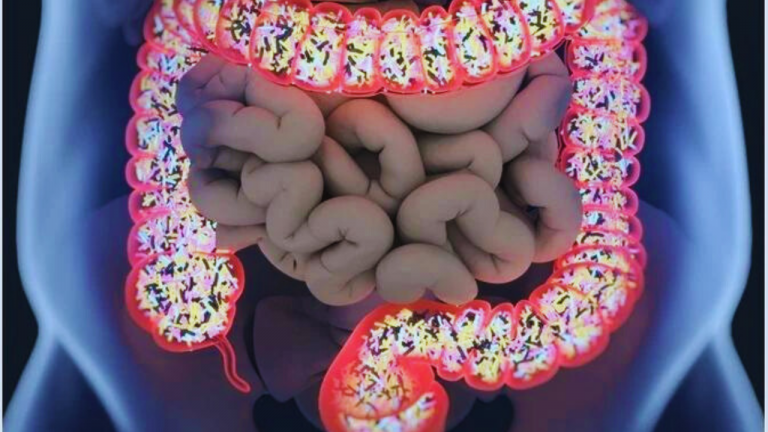Omegas and DHA

Omega-3 fatty acids are a type of polyunsaturated fat that plays a crucial role in overall health, particularly in supporting brain function, heart health, and reducing inflammation. There are three main types of omega-3 fatty acids: alpha-linolenic acid (ALA), eicosapentaenoic acid (EPA), and docosahexaenoic acid (DHA).
ALA is found in plant-based sources such as flaxseeds, chia seeds, hemp seeds, walnuts, and their oils. The body can convert a portion of ALA into EPA and DHA, but the conversion rate is limited, varying between individuals and influenced by factors such as gender, age, and overall health. Therefore, relying solely on ALA-rich plant sources may not provide adequate amounts of EPA and DHA.
DHA and EPA are primarily found in fatty fish, seafood, and fish oils. However, for individuals following a plant-based diet, vegan algae-based supplements are available as a source of DHA and EPA. These supplements are derived from algae, which is the original source of these omega-3 fatty acids in the marine food chain.
DHA is especially important for brain health and development, and it plays a vital role in maintaining healthy eyes. It is recommended for pregnant and breastfeeding women, infants, and children for proper cognitive development. Additionally, DHA has been associated with reducing the risk of cardiovascular disease and supporting overall heart health.
If you are following a plant-based diet and want to ensure an adequate intake of omega-3 fatty acids, consider incorporating plant-based sources of ALA, such as flaxseeds, chia seeds, and walnuts, and consider vegan algae-based DHA and EPA supplements. It’s always recommended to consult with a healthcare provider or registered dietitian for personalized advice based on your specific needs and dietary preferences.



